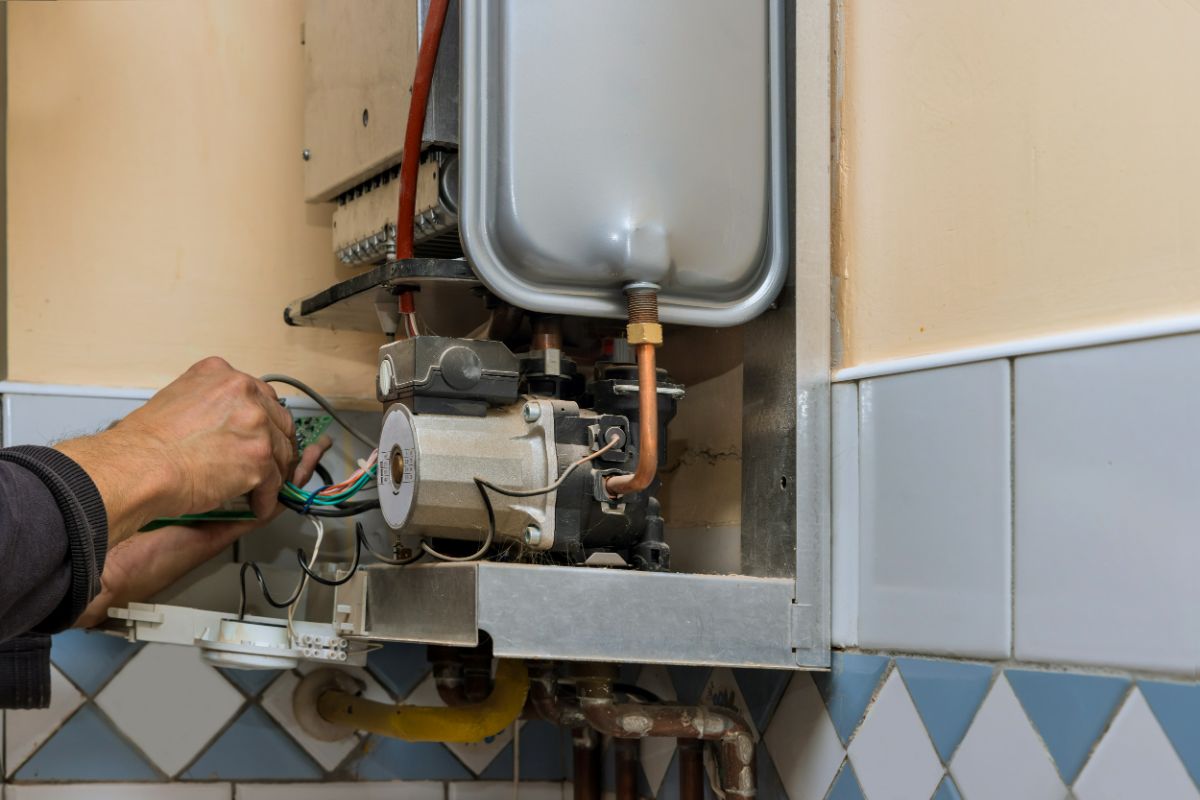Tips on How to Maintain Your Home's Hot Water System in Good Condition
Tips on How to Maintain Your Home's Hot Water System in Good Condition
Blog Article
This great article listed below in relation to Tips For Maintaining Your Hot Water Heater is rather insightful. Try it and make your own results.

Hot water is essential for day-to-day convenience, whether it's for a rejuvenating shower or cleaning meals. To ensure your hot water system runs efficiently and lasts longer, routine upkeep is key. This post supplies functional suggestions and understandings on how to maintain your home's warm water system to stay clear of interruptions and costly repair work.
Intro
Keeping your home's warm water system may appear complicated, yet with a few straightforward actions, you can ensure it operates efficiently for several years ahead. This guide covers everything from comprehending your hot water system to DIY upkeep ideas and knowing when to call expert aid.
Value of Preserving Your Hot Water System
Normal maintenance not just extends the life-span of your hot water system however likewise ensures it operates efficiently. Disregarding upkeep can lead to decreased effectiveness, higher energy costs, and also premature failure of the system.
Indications Your Hot Water System Requirements Upkeep
Understanding when your warm water system requires attention can protect against major problems. Keep an eye out for indications such as irregular water temperature, unusual sounds from the heater, or rusty water.
Recognizing Your Warm Water System
Before diving right into maintenance tasks, it's useful to recognize the standard elements of your warm water system. Commonly, this includes the water heater itself, pipes, anode rods, and temperature controls.
Regular Monthly Maintenance Tasks
Normal month-to-month checks can aid catch small issues prior to they rise.
Flushing the Hot Water Heater
Purging your water heater gets rid of sediment build-up, boosting performance and extending its life.
Checking and Changing Anode Rods
Anode rods avoid corrosion inside the tank. Examining and replacing them when worn out is crucial.
Inspecting and Changing Temperature Setups
Readjusting the temperature level settings makes sure ideal efficiency and safety.
DIY Tips for Upkeep
You can execute numerous maintenance tasks yourself to keep your warm water system in top problem.
Looking for Leaks
Frequently examine pipelines and connections for leakages, as these can lead to water damage and greater expenses.
Examining Pressure Relief Valves
Testing the stress safety valve guarantees it functions properly and protects against excessive pressure buildup.
Insulating Pipes
Protecting hot water pipes decreases warm loss and can save energy.
When to Call a Professional
While DIY upkeep is advantageous, some issues require specialist proficiency.
Complex Concerns Calling For Specialist Aid
Instances include major leaks, electric issues, or if your hot water heater is regularly underperforming.
Routine Expert Upkeep Advantages
Expert upkeep can include complete inspections, tune-ups, and ensuring conformity with safety and security criteria.
Final thought
Regular upkeep of your home's warm water system is necessary for efficiency, longevity, and price financial savings. By complying with these pointers and knowing when to seek expert help, you can guarantee a reliable supply of hot water without unanticipated interruptions.
How to Maintain and Troubleshoot Your Heat Pump Water Heater
Know Your Water Heaters Error Codes and How to Clear Them
If your unit is WiFi-enabled, pay attention to the notifications your water heater system sends you and make sure to read and investigate error codes as soon as possible. If your machine has an error code readout on the unit, use your owner’s manual for the hot water heater and find out what the codes mean and how they might be affecting your water heating system. Follow the manufacturer’s directions to assess the issue and clear the code, or call a licensed plumber to take care of that for you.
Change Your Filters Monthly or As-Needed
Heat pump water heaters come equipped with an air filter, usually on the top of the unit where the water heater pulls air into the compressor. Check the filter every few months (put a reminder in your smartphone to make sure you don’t forget!). This will keep peak air flowing into your unit, helping it to work as efficiently as possible and resulting in energy savings over time.
Clean the Condensate Lines
Heat pump water heaters have a condensate drain. As the unit dehumidifies the surrounding area, the moisture has to go somewhere! Make sure to clean this condensate line every year to ensure it doesn’t get backed up with sediment or mold.
To clean the condensate lines, pour a cup of bleach in the access opening of the unit to kill any mold or mildew. Check that the bleach or water flows freely out of the lines, and unclog the lines if needed.
Flush Your Heat Pump Water Heater Annually
Heat pump water heaters are also sometimes referred to as hybrid heat pump water heaters. This is because they contain a backup heating electric heating element inside the tank: the same kind of anode rods used in traditional electric water heaters. That anode rod can become corroded over time from the minerals in your water, and it can begin to decay, break entirely, or heat less efficiently as it becomes corroded. One way to minimize or avoid this corrosion is by flushing your heat pump water heater annually. Just like flushing standard electric or gas water heaters, flushing your water heater is something that any homeowner can DIY if they have a few basic tools and some gumption.
https://www.waterheatersnow.com/blog/how-to-maintain-and-troubleshoot-your-heat-pump-water-heater

As a devoted person who reads about How to Maintain Your Water Heater & Prolong its Life, I assumed sharing that excerpt was really useful. If you enjoyed our page plz remember to share it. We take joy in reading our article about What Kind of Maintenance Do Water Heaters Need?.
Details Report this page